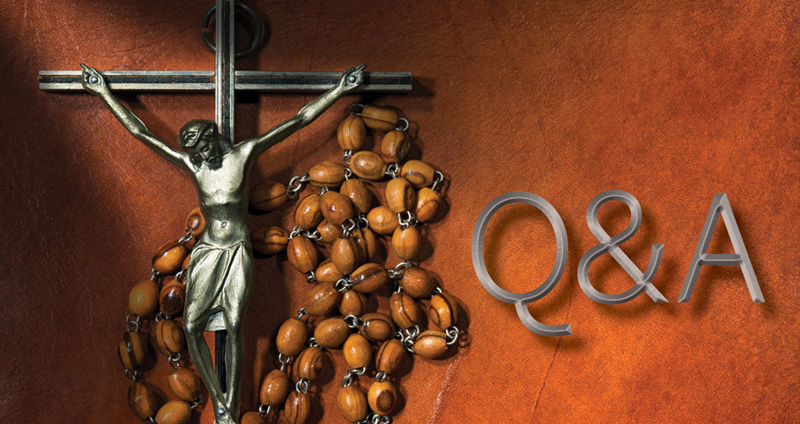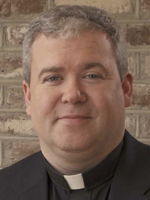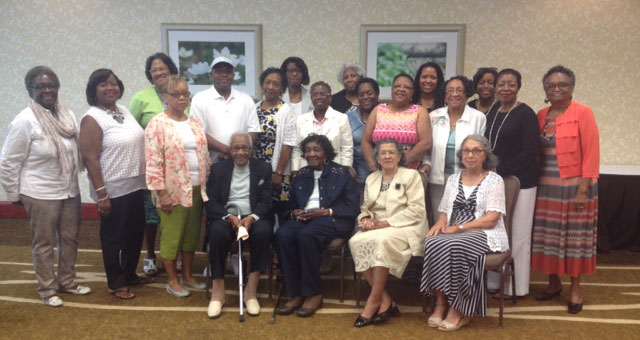
Q: How are we supposed to explain to children that the notions and behaviors of the LGBTQ community are not natural and moral? (Elgin, SC)
A: This is a pressing and important question. It’s one that is getting blurred, and in the whirlwind otherwise good Christian people are forgetting the deposit of faith that we have received and that we are called to share with others. This summons is especially important for Christian parents toward their children.
With that said, let me answer your specific question. Some time ago, I was attending a wedding reception of a friend. I was in my Roman collar and a lesbian couple approached me. They said to me, “You think we’re wrong.” I said, “Yes.” They were immediately upset but before they could respond, I pointed to their plate and said, “You didn’t choose well. There’s better food up there!”
Of course, in spite of themselves, they had to smile. I think they enjoyed the humor and they sat down with me. Once we were seated, I said my prayer, and they asked me “seriously” what I “thought of them.” And here we go: I responded that they were beloved children of God, with dignity, who want to love and be loved just like everyone else. They are people who want someone to journey through life with, sharing its joys and struggles, laughs and sorrows.
My new friends seemed surprised by the answer. I continued, however, and explained that the expression of our human need for love should always follow our spiritual and bodily reality (especially in our sexuality). Homosexual acts and supposed “gay marriages” do not follow this natural order, and are dis-orders that do not bring the stability, peace, and fulfillment which love and marriage should supply.
Of course, the two weren’t too keen on that last part but the broader context helped them to know of my respect and my acknowledgement of our shared humanity. Needless to say, the conversation came to a peaceful end and we were all able to enjoy the rest of the reception.
I give this story as a help to you in trying to address these sensitive issues with your children. In summary, I would encourage you to stress how every human being is made in God’s image and how tremendously loved everyone is by God. I would address our human need for companionship and friendship and how these areas have to follow good reason, expressed by God’s moral law, and be opportunities to grow and helps others to grow in virtue and goodness.
Within this context, our sexual powers can be explained and it can be emphasized how these powers have to follow our natural biology and good morals. And from here, a Christian parent, or any parent of good will, can explain the disorder of homosexual acts and how the LGBTQ+ agenda sexualizes friendship and misses the mark on what it means to express our companionship with others.
Q: I’m still not comfortable with the new mysteries of the rosary. They weren’t a part of things for most of my life. Do I have to pray them? (Charlotte, NC)
A: As you mentioned, the Luminous Mysteries were formally included in the rosary by Pope St. John Paul II in 2002. The rosary is a devotion within the Church and has no binding rules. You are free to pray whatever mysteries you prefer. For my part as a priest, I’m just grateful to see a fellow believer pray!
Father Jeffrey Kirby is administrator of Our Lady of Grace Church in Lancaster. Email him your questions at askfrkirby@gmail.com.



